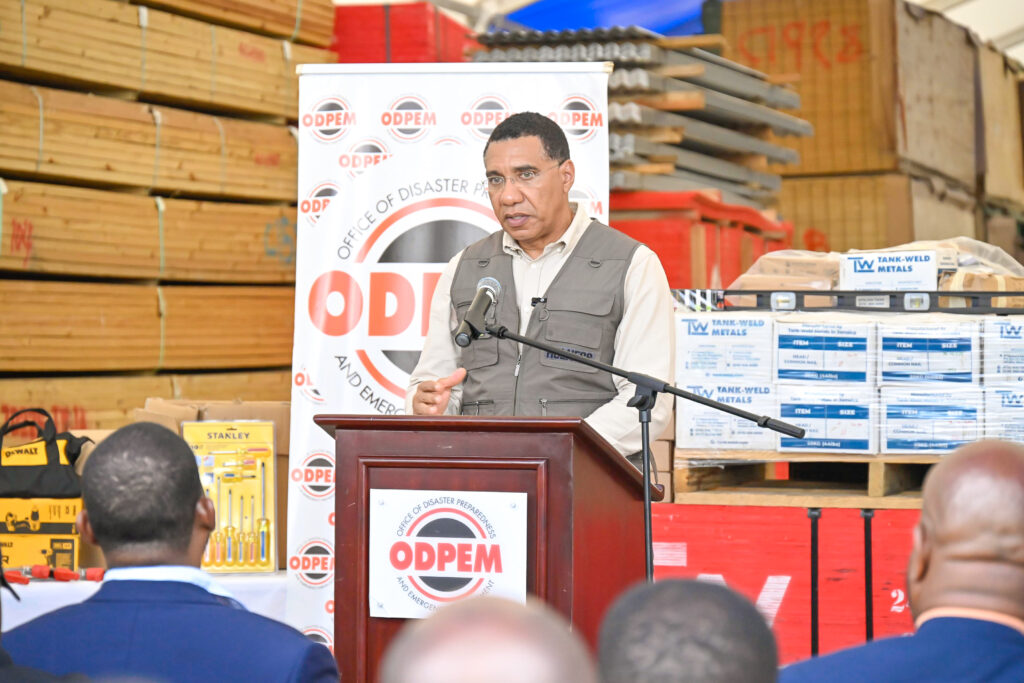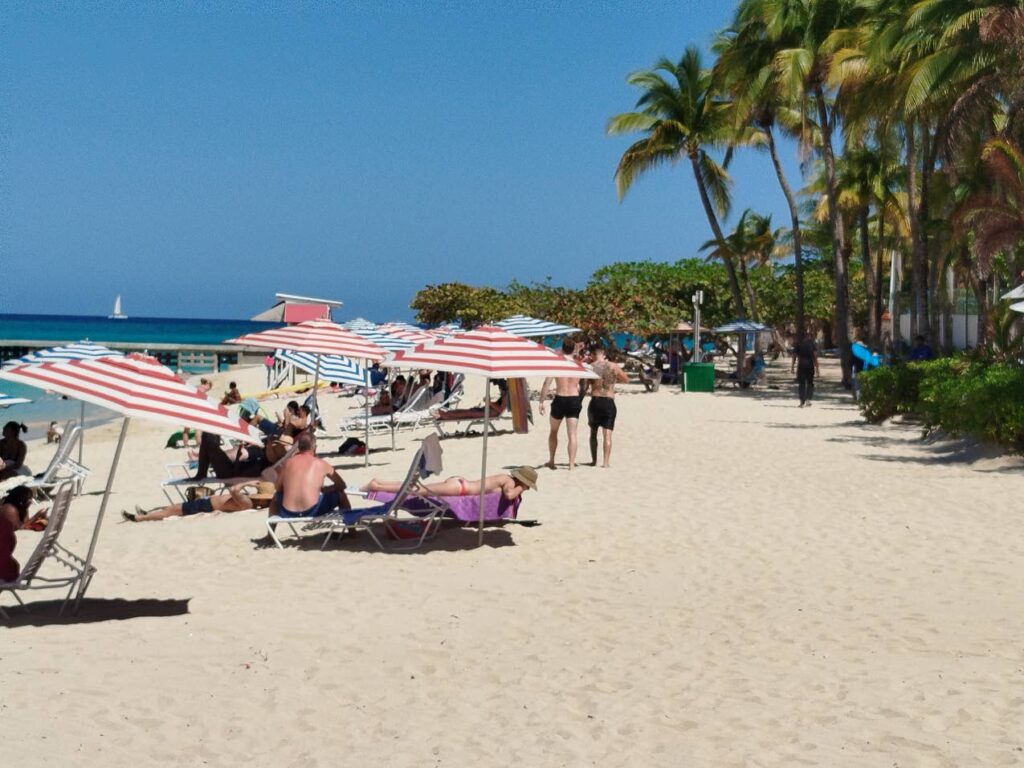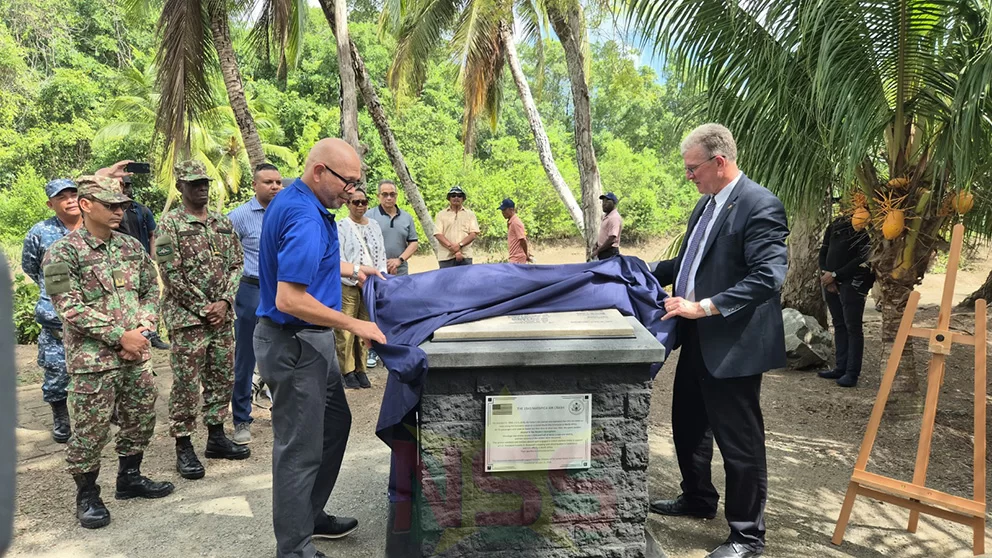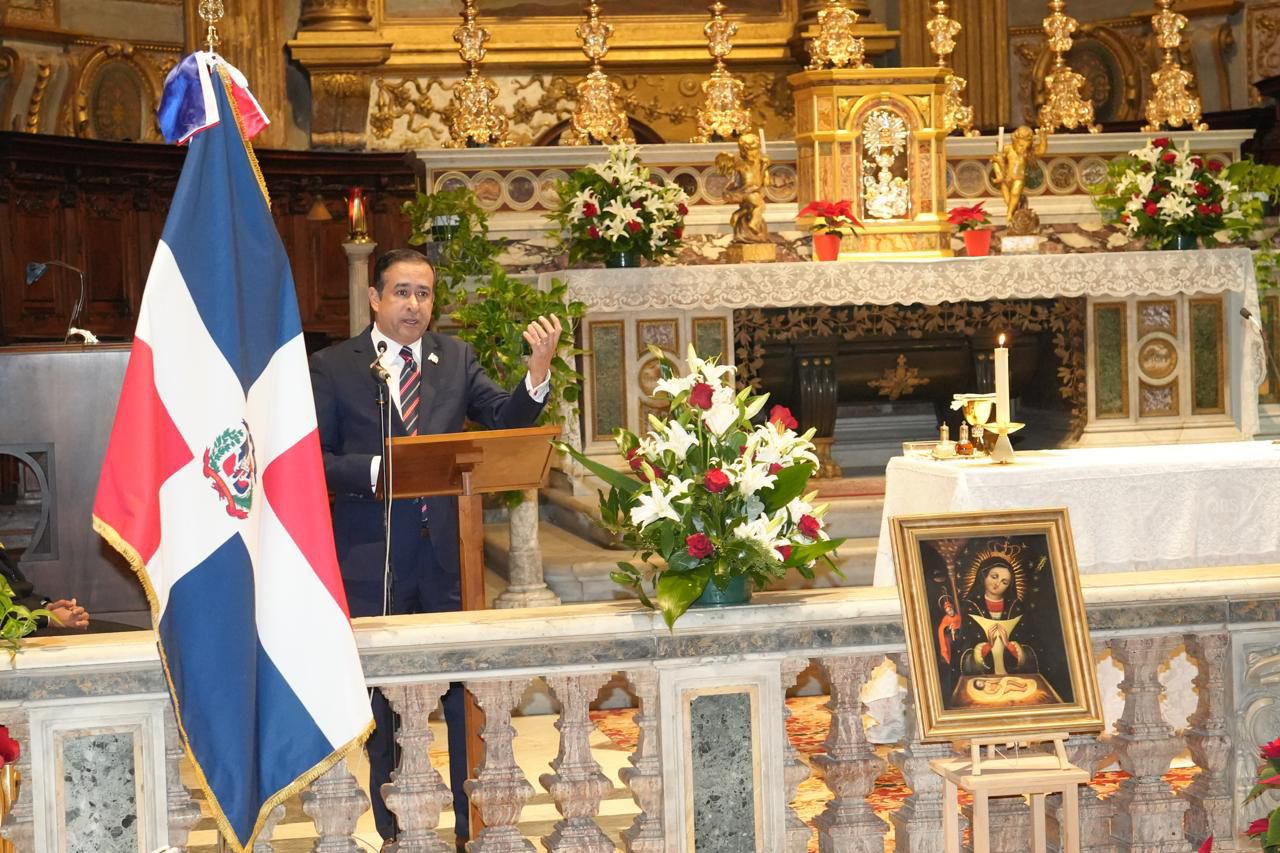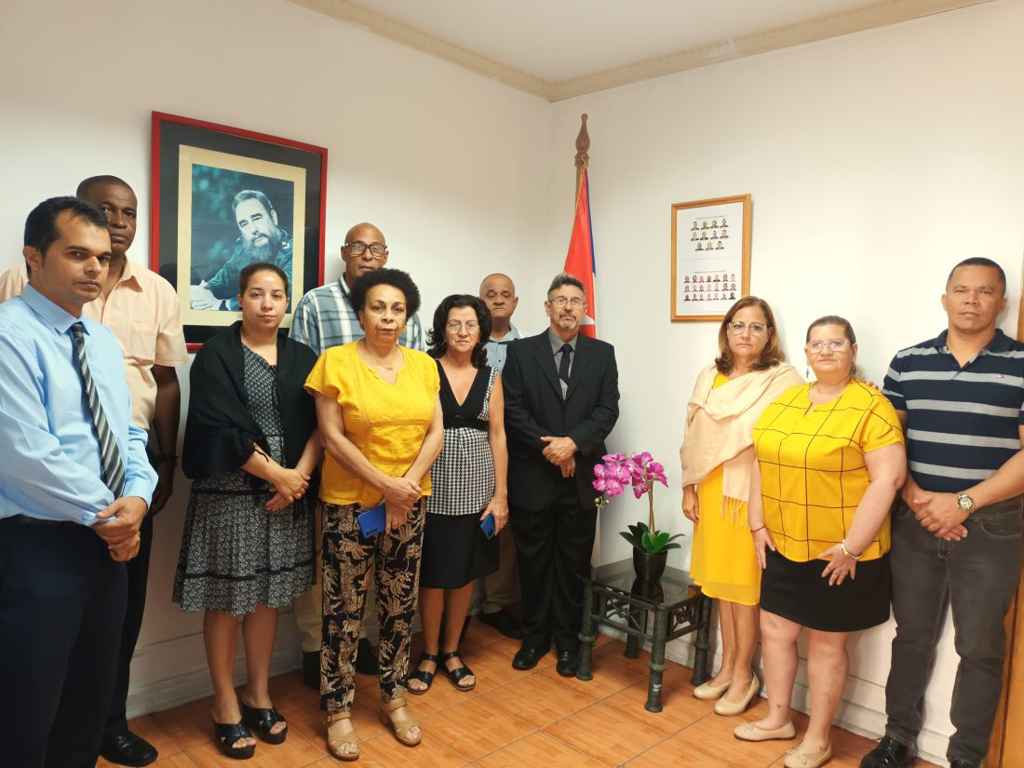KINGSTON, Jamaica — Prime Minister Andrew Holness has declared that the catastrophic damage inflicted by Hurricane Melissa presents a pivotal opportunity for national reinvention, positioning Jamaica to emerge more resilient and economically robust than previously imagined.
Addressing attendees at a donation ceremony in St Elizabeth on Friday, Holness asserted that the crisis, while devastating, must be leveraged for comprehensive national improvement. “Every crisis presents an opportunity and we must not waste the opportunity that this crisis has given us,” he stated during the event at the Jamaica Defence Force Forward Operating Base.
The ceremony marked the presentation of over $200 million in essential tools and construction materials from housing developers New Era Developments Limited and Kemtek Construction. These supplies will directly support the government’s initiative to restore roofs across parishes severely affected by the hurricane.
Holness outlined an ambitious vision extending far beyond basic reconstruction. He emphasized that the corridor stretching from Westmoreland to St Elizabeth—particularly hard-hit by the storm—requires fundamental realignment and reconfiguration. Noting longstanding infrastructure deficiencies, he highlighted inadequate roadways incapable of handling current traffic volumes and outdated urban layouts requiring smart reconstruction.
Critical infrastructure including hospitals, police stations, and municipal buildings will be rebuilt in locations less vulnerable to climate events. Most significantly, Holness revealed plans to cultivate “a new economy” for the damaged regions, stressing that infrastructure development must connect to broader economic revitalization.
The prime minister specifically addressed agricultural transformation, describing current practices as overly susceptible to climate variability. His administration plans to introduce advanced technology to create more robust agricultural systems, potentially shifting toward planned, industrial-scale operations that leverage the region’s inherent capabilities.
Holness acknowledged the substantial contribution from private sector partners New Era and Kemtek as exemplifying the critical role of public-private partnerships in strengthening Jamaica’s disaster response capabilities. He also expressed gratitude to engineering troops from Ghana, Rwanda, and Guyana who are collaborating with the Jamaica Defence Force in recovery efforts.
The government’s comprehensive approach signals a determined shift from mere restoration to strategic modernization, aiming to ultimately establish a stronger national economy benefiting all Jamaicans.
